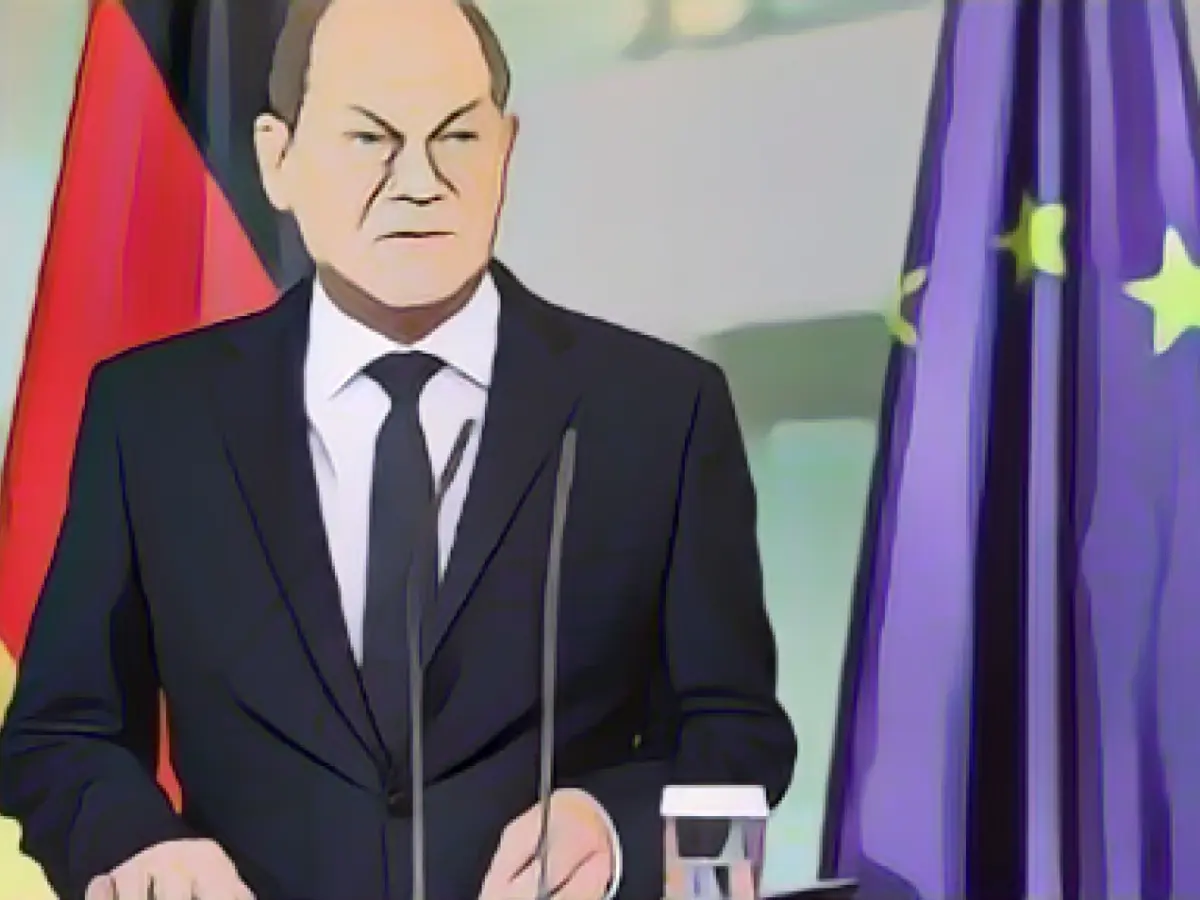"Alright, let's dive in," said Chancellor Scholz, setting the tone for the climate-neutral industry. Emphasizing rapid progress, he stated, "It's about promoting clean growth, and we want to do it fast."
Scholz clarified that the new Climate Club isn't competing with the UN climate process or the Paris Climate Agreement, but rather seeking to boost cooperation between countries eager to take that extra step. "We're all united by the belief that climate change is the 21st century's greatest challenge," he declared.
The club's common objective is crystal clear: decarbonizing industries and decoupling growth from emissions. Using the steel and cement industries as prime examples, Scholz highlighted the club's aim to create leading markets for climate-friendly alternatives such as eco-friendly steel and cement.
The Climate Club aims to catalyze a mutual exchange of expertise, technologies, and goods among its diverse membership, spanning developing countries, emerging economies, and industrialized nations. Its goal is to leverage various viewpoints to discover solutions advantageous for all parties.
Scholz, alongside 140 other heads of state, remains in Dubai until the weekend for a summit to provide momentum for the UN Climate Change Conference. The Climate Club now boasts 36 members, including G7 industrialized nations, European Union states, and countries like Kenya and Vanuatu, each with leeway in implementing climate-neutrality strategies.
The formation of the Climate Club responds to the global community's insufficient collective efforts to limit global warming below 1.5°C compared to pre-industrial levels, while simultaneously countering disadvantages for nations relying on more expensive, climate-friendly technologies in international competition.
To address industrial decarbonization, the club seeks to promote climate neutrality and adherence to minimum standards for climate policy measures. It also supports emerging and developing countries in their decarbonization efforts and establishes uniform carbon accounting rules. Limited international competition concerns are addressed through the high-level forum, fostering international cooperation in addressing climate, growth, and industry challenges.
[1] (Enrichment Data: Source: World Economic Forum) [2] (Enrichment Data: Source: Climate Club's Working Document)








